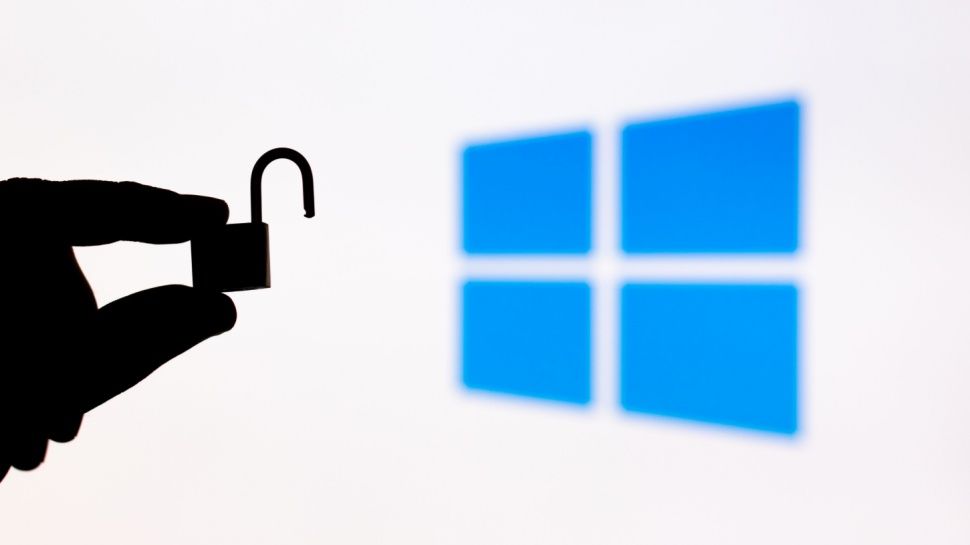This month’s Patch Tuesday fixed an important vulnerability in the Windows Wi-Fi driver which allowed threat actors to install malware via the wireless internet connectivity protocol.
The vulnerability is described as an improper input validation flaw that can result in remote code execution (RCE). It is tracked as CVE-2024-30078, and carries a severity score of 8.8. Microsoft labeled it as “important”.
The company further explained how the bug could be abused in low-complexity attacks in which hackers do not need prior access. All they need to do is be within the vulnerable device’s Wi-Fi range so that they can send a custom-tailored network packet. Nothing is required on the victim’s end, as well, making this vulnerability particularly dangerous, especially for people who like to work from public spaces such as libraries, coffee shops, airports, and similar.
Almost 50 fixes
All common versions of the Windows OS are vulnerable, including both Windows 10, Windows 11, and Windows Server 2008 and newer, but while Microsoft said there is no evidence of the bug being abused in the wild, and that the exploitation is “unlikely”, shining a spotlight like this usually draws some attention from the criminals.
Therefore, applying the latest Patch Tuesday cumulative update is always important.
Besides the improper input validation flaw, Microsoft fixed another 48 bugs in Windows and different Windows components, Office and Office components, Azure Dynamic Business Central, and Visual Studio, Tom’s Hardware reported. Among them is a “critical”-rated vulnerability in Microsoft Message Queuing that allowed threat actors to run malware with elevated privileges as unauthenticated users.
Every second Tuesday in a month, Microsoft releases a batch of updates for Windows and other products, with a major focus on security and stability. This batch is dubbed Patch Tuesday, and is arguably the most important update for Windows. Every now and then, Microsoft also releases urgent fixes for high severity vulnerabilities that are known to be exploited in the wild.
Via Tom’s Hardware





